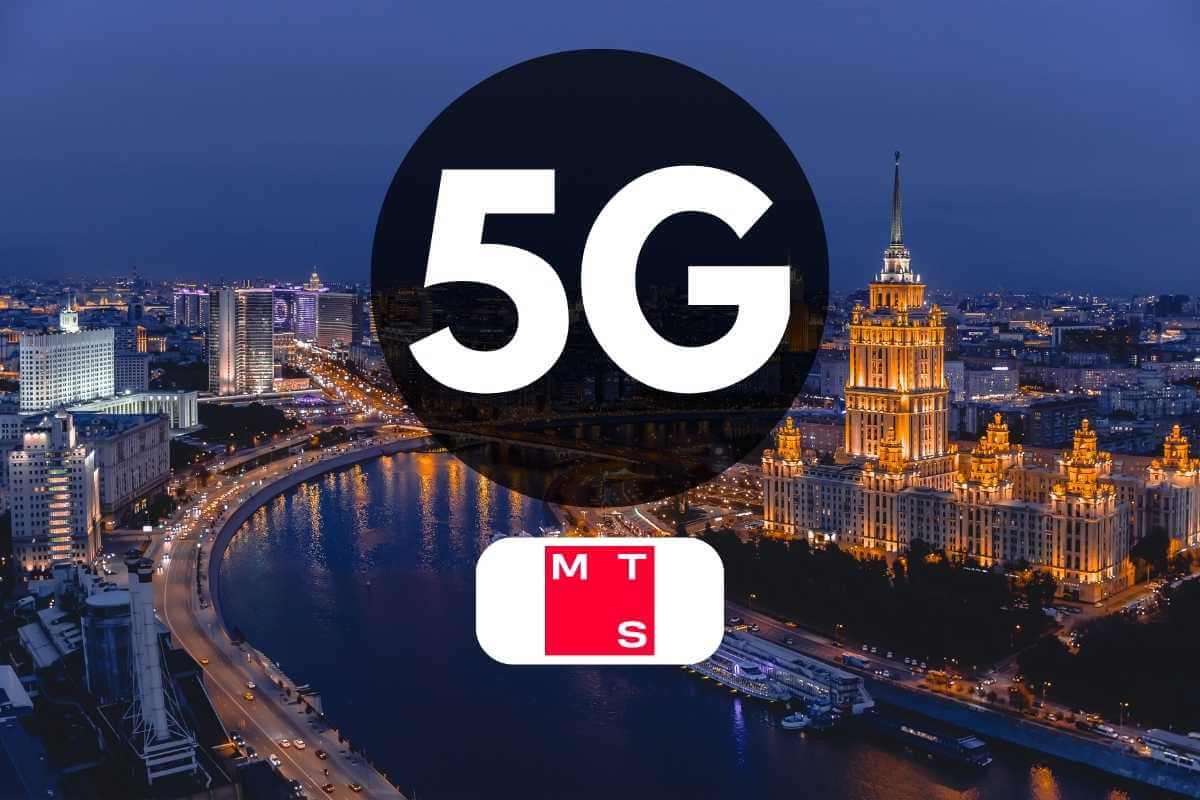
MTS, the largest Russian mobile operator and Matrix Wave, a domestic developer of advanced communication solutions and systems, have announced the successful testing of a prototype domestic millimetre-wave repeater (n257) for 5G pilot networks.
Also Read: Faroese Telecom and Ericsson Record 6 Gbps 5G Downlink on mmWave
Successful Testing of Millimetre-Wave Repeater
According to the statement, The testing took place in Krasnodar on the MTS infrastructure, utilizing an active repeater developed by Matrix Wave both indoors and outdoors. The demonstration showcased the retransmission of a signal within the 26.5-29.5 GHz band into a blind zone, from inside a room to the street, with a turn around the corner. MTS said the downlink data transfer rate exceeded 1.3 Gbps during the tests.
Enhancing Coverage and Performance for 5G Networks
As it prepares to transition to next-generation standards, MTS said it is focused on modernizing its network and solving complex technical challenges in collaboration with partners. The millimetre-range 5G networks present a particular obstacle due to the natural attenuation of radio waves caused by physical obstacles.
Also Read: Tele2 Lithuania Achieves 4.45 Gbps Record 5G Speed on 26 GHz Band
MTS said it is pleased that domestic developers can provide equipment prototypes capable of ensuring effective penetration and distribution of the radio signal indoors.
Matrix Wave said it recognizes the need for improved coverage devices in the new generation networks that operate above 24 GHz. The company focuses on developing repeaters, reflectors, and reflective surfaces to ensure effective operation in these frequency ranges.
Collaboration between MTS and Matrix Wave
The collaboration between MTS and Matrix Wave allows for the effective creation and implementation of new technologies, network modernization, and staying ahead of market requirements.
Also Read: SK Telecom to Stop Using 28 GHz Band for 5G: Report
The successful tests involved an active Matrix Wave repeater, a 5G base station operating in the 26.5-29.5 GHz band, commercially available millimeter-wave smartphones, and signal spectroanalysts with a horn antenna.
MTS and Matrix Wave's partnership marks a significant milestone in the advancement of 5G networks in Russia, demonstrating the feasibility of domestic millimetre-wave repeaters to enhance coverage and performance in challenging environments.















